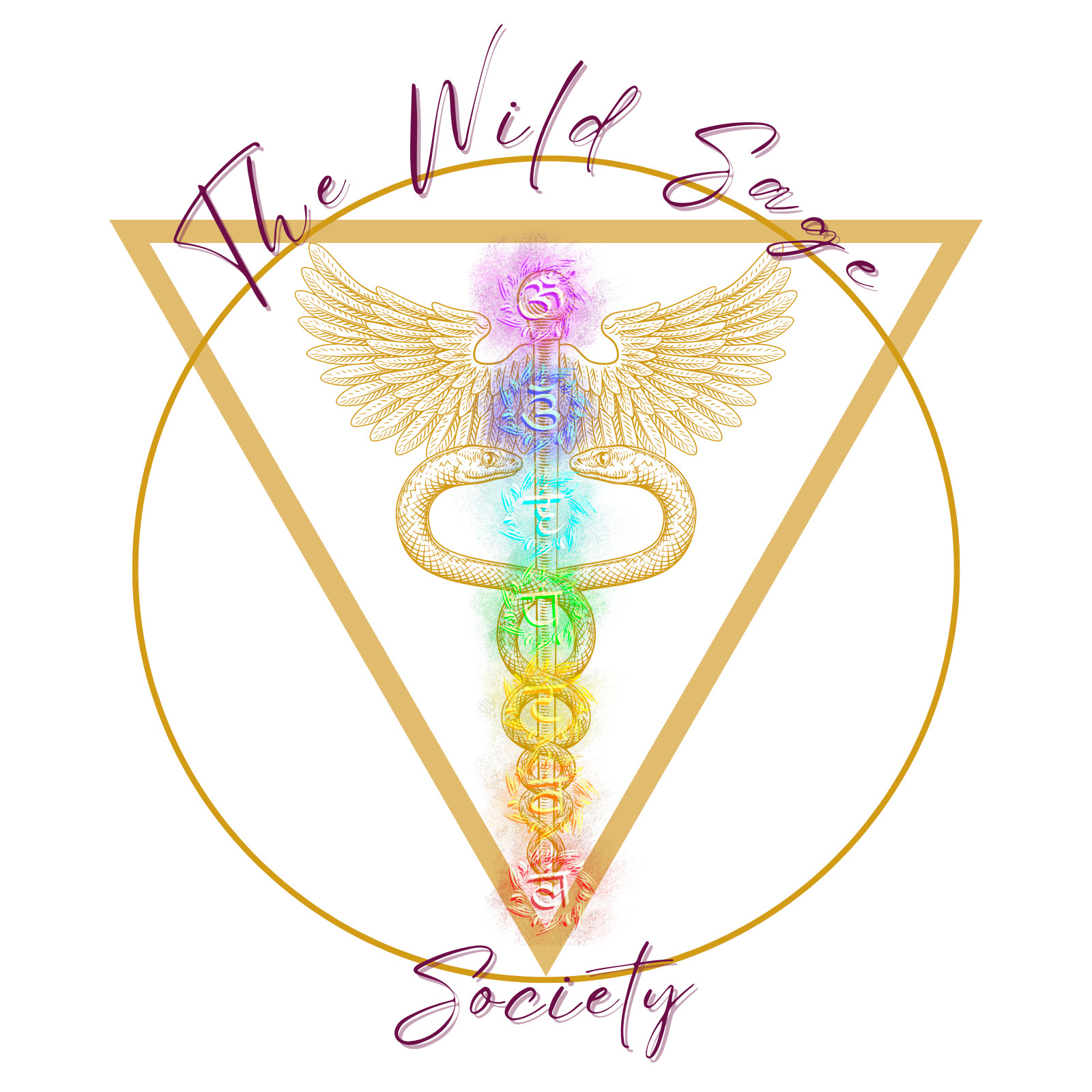
In the journey of personal growth and healing, recognizing the signs of trauma is a pivotal first step. Trauma, often lurking beneath the surface of our conscious awareness, can significantly impact our mental health, relationships, and overall well-being. In this comprehensive blog post, we delve into the intricacies of trauma, its signs, and the transformative path toward healing and strength. By weaving in high-ranking keywords, we aim to ensure that this critical message reaches as many people as possible, offering insights and hope to those in need.
Understanding Trauma
Trauma is a complex and multifaceted experience that results from deeply distressing or disturbing events. It can manifest in various forms, from physical and emotional to psychological trauma, profoundly affecting individuals. Understanding its nature is crucial in the fields of psychology, mental health, and holistic healing.
- Psychological Impact: Trauma can lead to conditions like PTSD (Post-Traumatic Stress Disorder), anxiety, and depression, significantly affecting one's mental health.
- Emotional Symptoms: It often brings about intense emotional responses such as fear, despair, and a sense of helplessness, hindering one's emotional well-being.
- Physical Signs: Trauma can also manifest physically, through symptoms like insomnia, fatigue, and chronic pain, impacting one's physical health.
Recognizing the Signs of Trauma
Identifying the signs of trauma is the first step toward healing. These signs can be subtle or overt, and acknowledging them requires mindfulness and self-awareness.
- Behavioral Changes: Look for changes in behavior, such as withdrawal from social interactions, changes in eating habits, or increased substance use.
- Emotional Responses: Notice heightened emotional reactions like irritability, mood swings, or unexplained bouts of sadness.
- Physical Symptoms: Pay attention to physical symptoms that have no apparent cause, such as headaches, digestive issues, or unexplained aches and pains.
Seeking Specialized Guidance: The Benefits of Trauma Informed Shamanic Energy Practitioners, Hypnotherapists, and Coaches
Embarking on the journey of healing from trauma, it's essential to seek the guidance of professionals who not only understand its complexities but also offer a holistic approach to wellness. Marcie Walker, a trauma-informed Shamanic Energy practitioner, Certified Clinical Hypnotherapist, and Coach, embodies this approach, offering a unique blend of traditional and innovative methods tailored to individual needs.
- Shamanic Energy Practices: Shamanic energy work delves deep into the spiritual aspects of healing, addressing the energetic imbalances caused by trauma. Marcie Walker's expertise in this field allows for a profound connection with the inner self, facilitating a process of recovery that integrates the mind, body, and spirit.
- Hypnotherapy for Trauma Healing: Hypnotherapy is a powerful tool in the trauma healing toolkit. As a Certified Clinical Hypnotherapist, Marcie Walker uses this technique to access the subconscious mind, where many trauma-related issues reside. This process helps in rewiring negative thought patterns and promotes a positive shift in how individuals perceive and react to their traumatic experiences.
- Holistic Coaching for Empowerment: Marcie Walker's role as a coach goes beyond traditional counseling. Her approach is centered around empowering individuals, particularly women executives and small business owners, to lead consciously and create positive changes in their personal and professional lives. This coaching is tailored to address the unique challenges posed by trauma, focusing on building resilience, self-awareness, and a balanced life.
Challenges and Opportunities in Trauma Healing
The path to healing from trauma is not without its challenges. However, recognizing these challenges can open up opportunities for deeper understanding and growth.
- Navigating Emotional Turbulence: The healing journey can be emotionally turbulent. Embracing this as part of the process can lead to greater emotional resilience and strength.
- Overcoming Stigma: There's often a stigma associated with trauma and seeking help. Overcoming this stigma is crucial for personal healing and broader societal acceptance.
- Long-Term Recovery: Healing from trauma is typically not a quick fix but a long-term process. Acknowledging this can set realistic expectations and encourage sustained effort toward recovery.
The Role of Community and Society
Societal understanding and community support play a crucial role in the healing journey.
- Creating Awareness: Raising awareness about trauma and its impact can foster a more empathetic and supportive community.
- Promoting Mental Health Resources: Access to mental health resources and services is essential. Society benefits when these resources are widely available and accessible.
- Building Resilient Communities: A community that understands trauma can build resilience and provide a nurturing environment for those on the path to healing.
Recognizing the signs of trauma is indeed the first and crucial step toward healing and gaining strength. As we become more aware of trauma's impact and the pathways to recovery, we can foster a more compassionate and resilient society. Remember, healing is a journey, not a destination, and every step taken is a step toward strength and wellness.
Coach Marcie















0 Comments